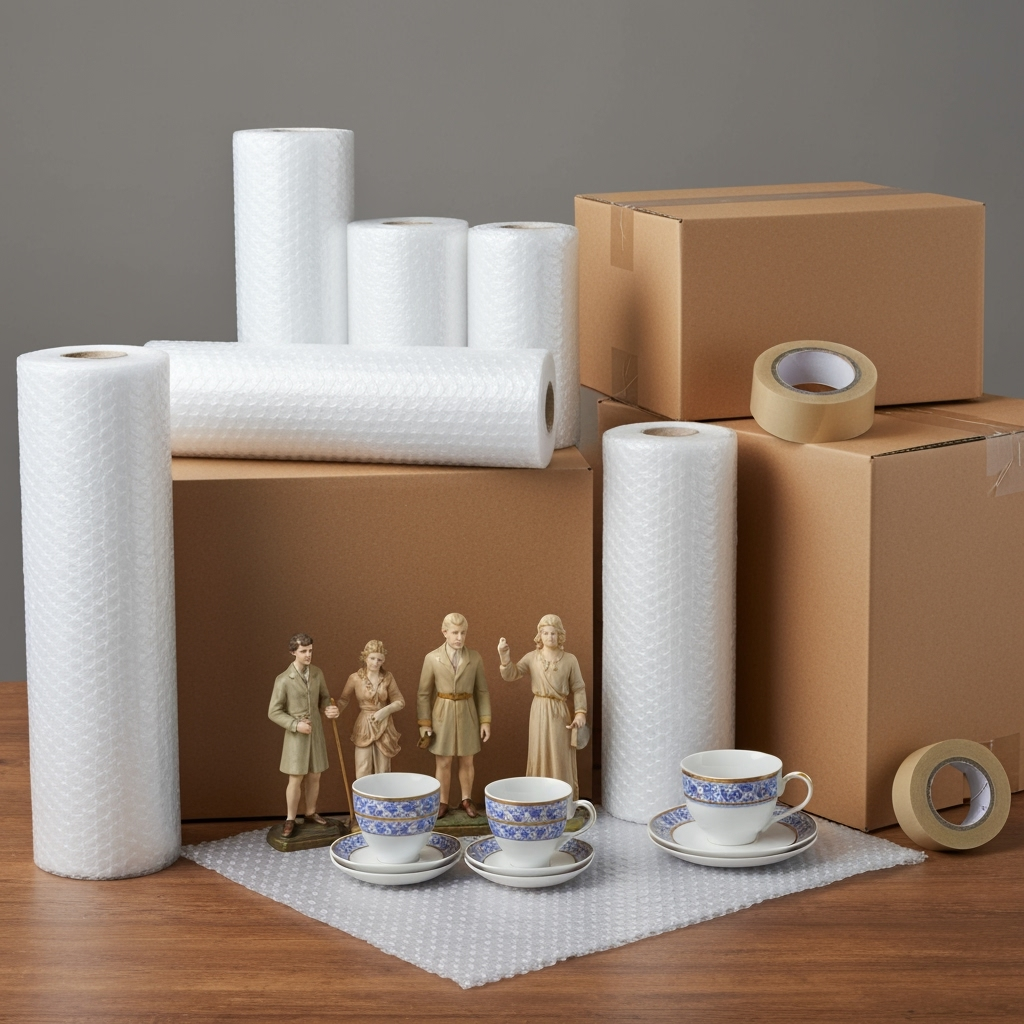
The Challenge of Moving Fragile Items
Moving delicate items can be one of the most stressful aspects of relocation. Whether you’re transporting family heirlooms, expensive electronics, or cherished collectibles, proper packing techniques are essential for ensuring your fragile belongings arrive safely at their destination.
Essential Packing Materials for Fragile Items
Before you begin packing, gather these crucial supplies:
- Sturdy cardboard boxes in various sizes
- Bubble wrap
- Packing paper
- Foam peanuts or packaging foam
- Packing tape
- Markers for labeling
- Cell kits for dishes and glassware
Professional Packing Techniques
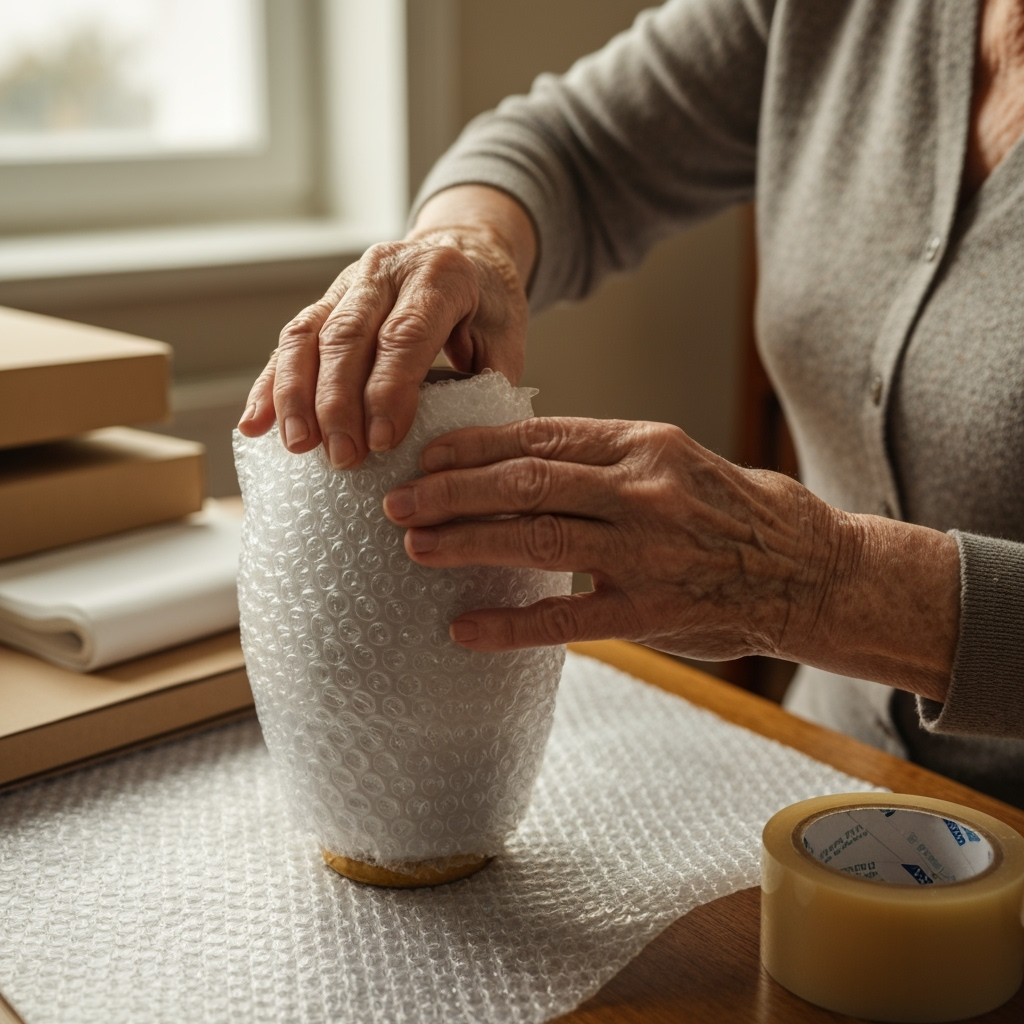
Follow these expert-recommended steps for maximum protection:
1. Prepare Your Space
Create a clean, flat working surface and organize your packing materials within easy reach. Remove any obstacles that could cause accidents while handling fragile items.
2. Double-Box Method
For extremely fragile items, use the double-box method:
- Pack the item in a smaller box with adequate cushioning
- Place this box inside a larger box
- Fill all empty spaces with cushioning material
3. Proper Wrapping Technique
When wrapping individual items:
- Start with a layer of packing paper
- Add bubble wrap as a second layer
- Secure wrapping with tape
- Avoid using newspaper, as it can leave ink stains
Special Considerations for Different Items
Electronics
For electronics:
- Use original packaging when possible
- Remove batteries and secure loose components
- Add anti-static packing materials
- Keep items away from extreme temperatures
Glassware and Ceramics
For dishes and decorative items:
- Wrap each piece individually
- Pack plates vertically rather than stacked
- Use cell kits for stemware
- Mark boxes as “Fragile” and “This Side Up”
Storage Considerations
When storing fragile items:
- Choose climate-controlled units for temperature-sensitive items
- Never stack boxes containing fragile items
- Keep boxes elevated off the floor
- Maintain an inventory of stored items
Transportation Tips
During the moving process:
- Load fragile boxes last and unload them first
- Transport fragile items separately from heavy furniture
- Use moving blankets for additional protection
- Consider professional moving services for valuable items
Insurance and Documentation
Protect your investment by:
- Photographing items before packing
- Documenting the condition of valuable pieces
- Understanding your insurance coverage
- Keeping receipts for packing materials and moving services
Conclusion
Proper packing and storage of fragile items requires time, attention to detail, and the right materials. By following these professional guidelines, you can ensure your delicate belongings remain protected throughout the moving and storage process. Remember, the extra effort invested in proper packing can save you from the heartbreak of damaged treasures and the expense of replacements.


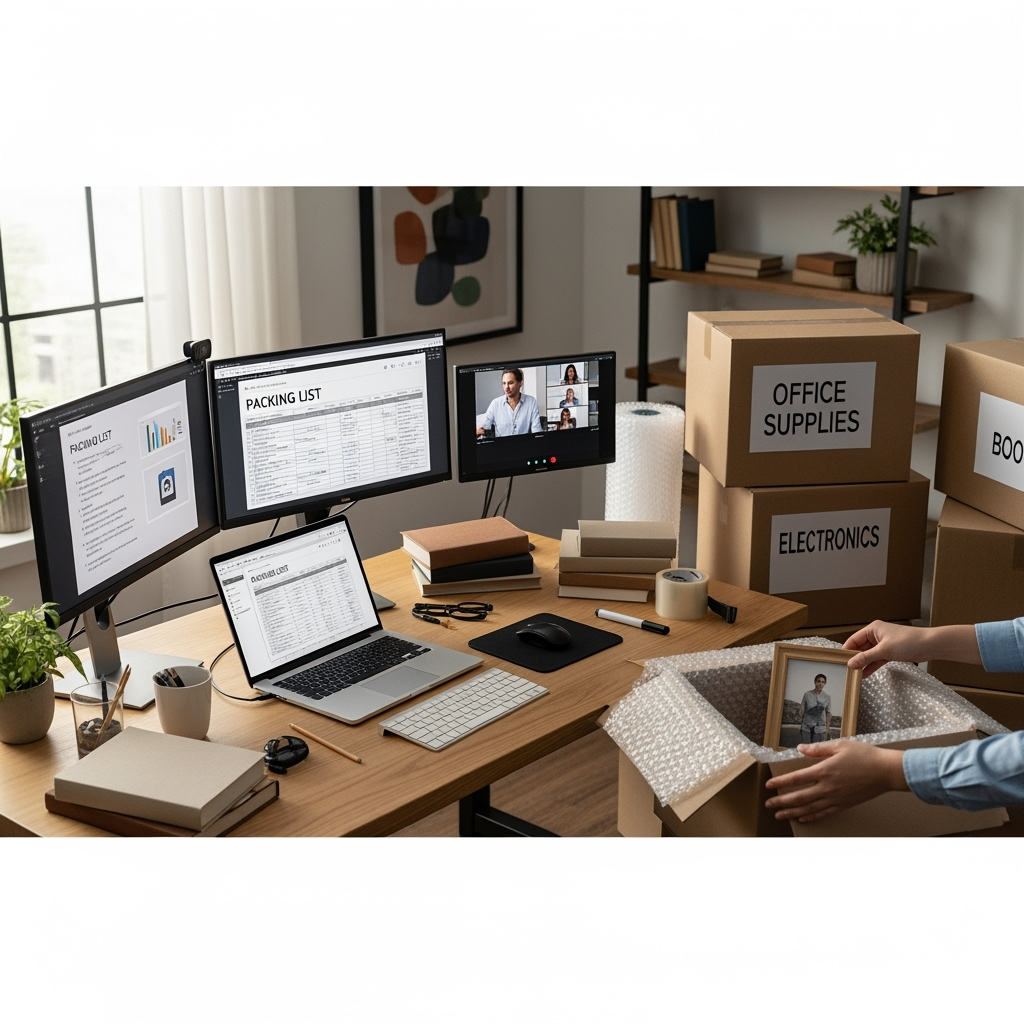

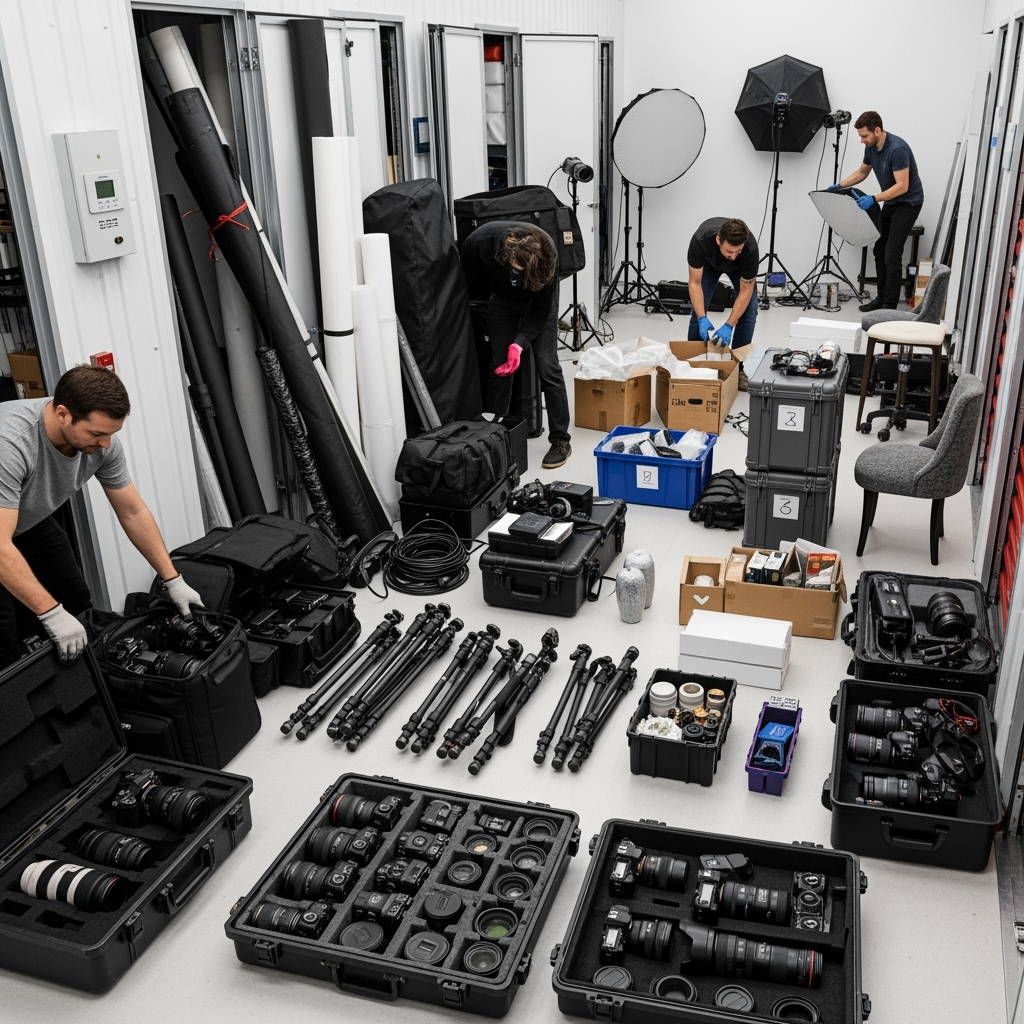
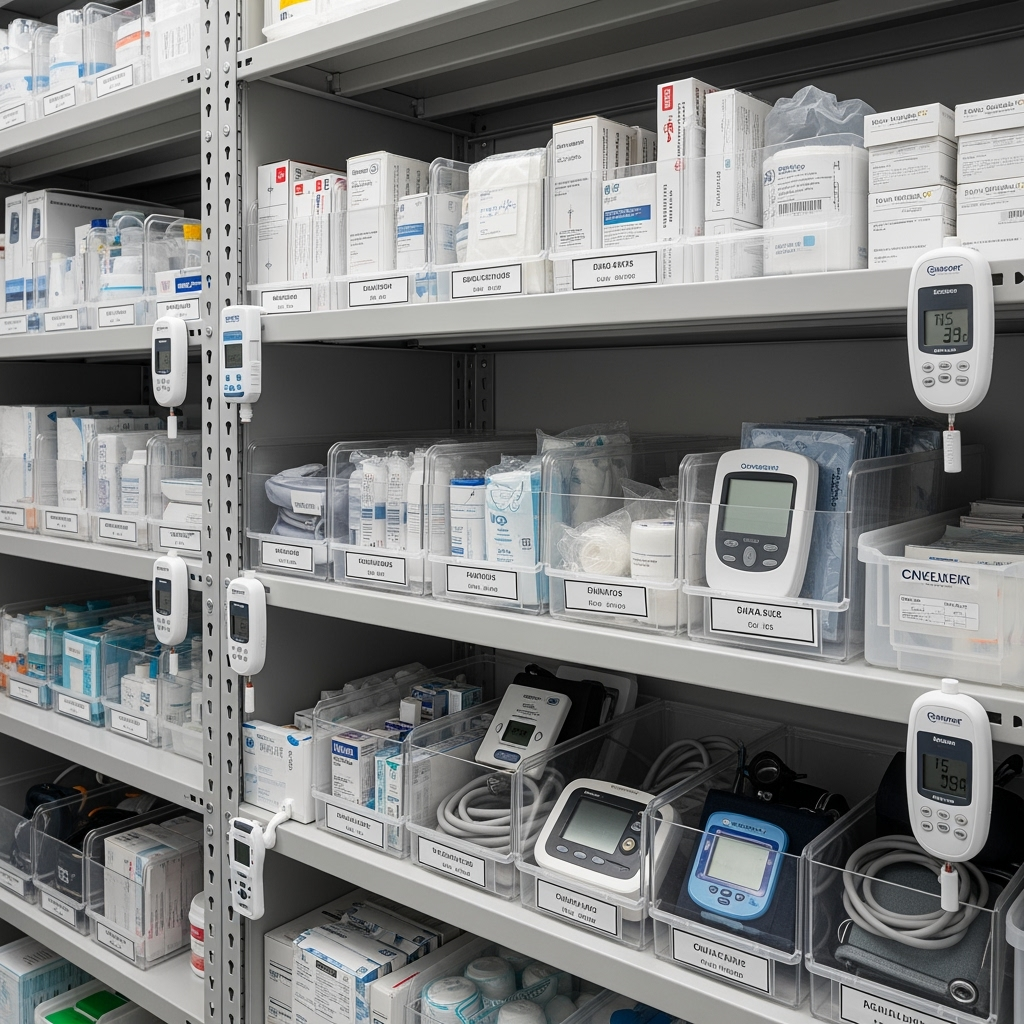
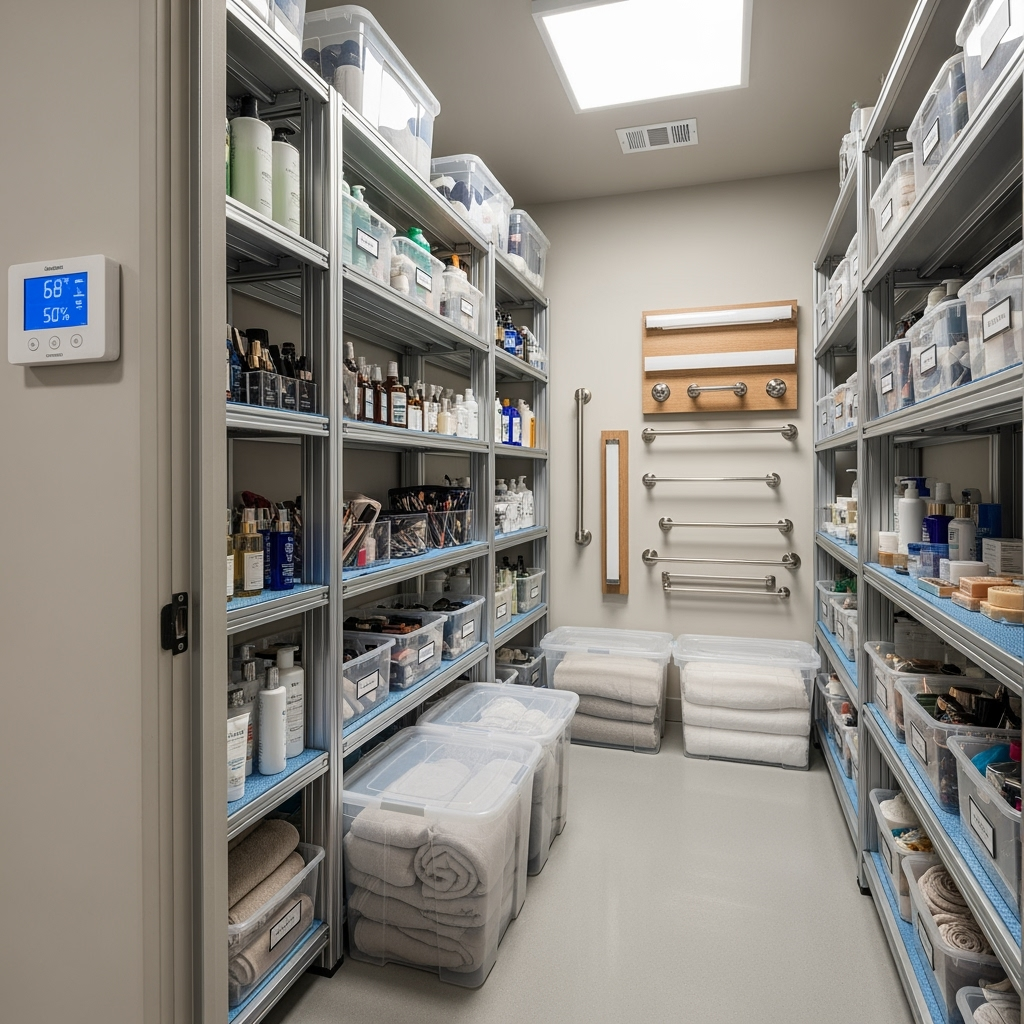
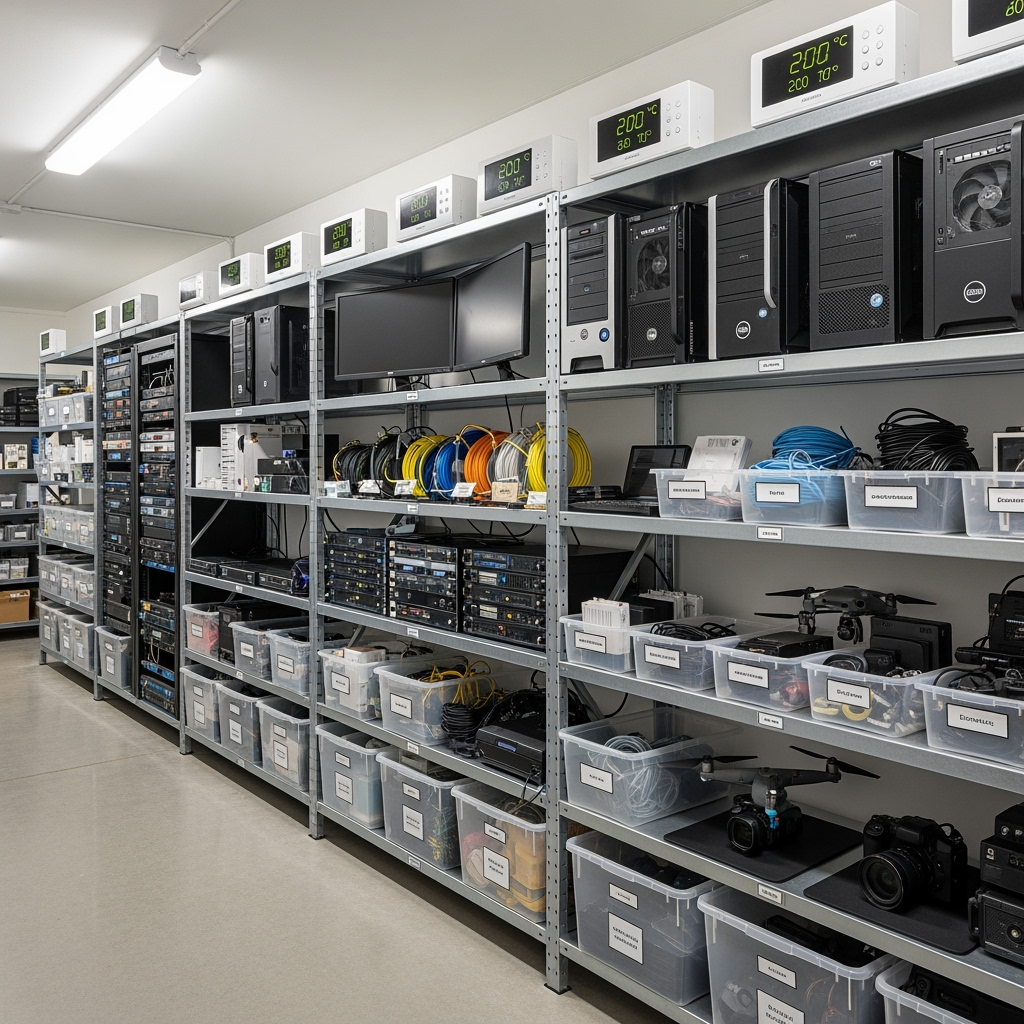
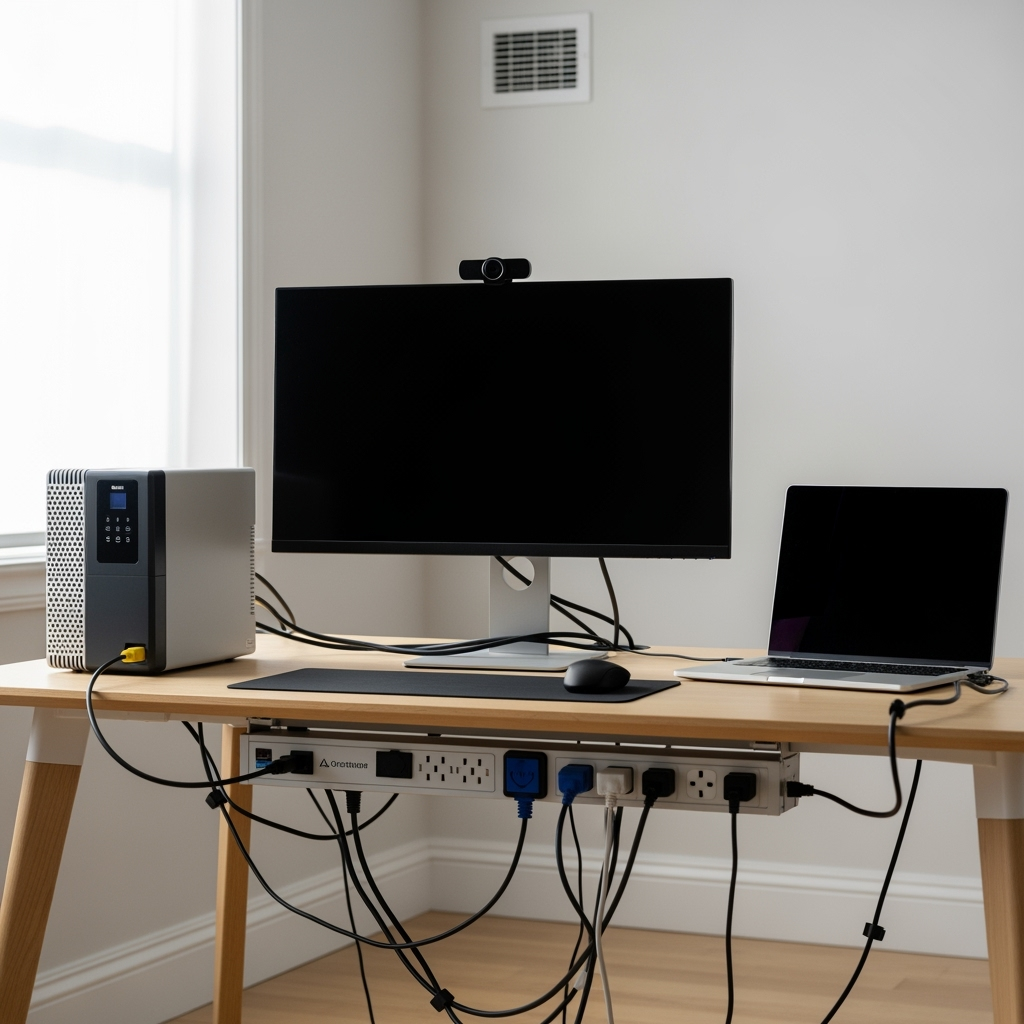
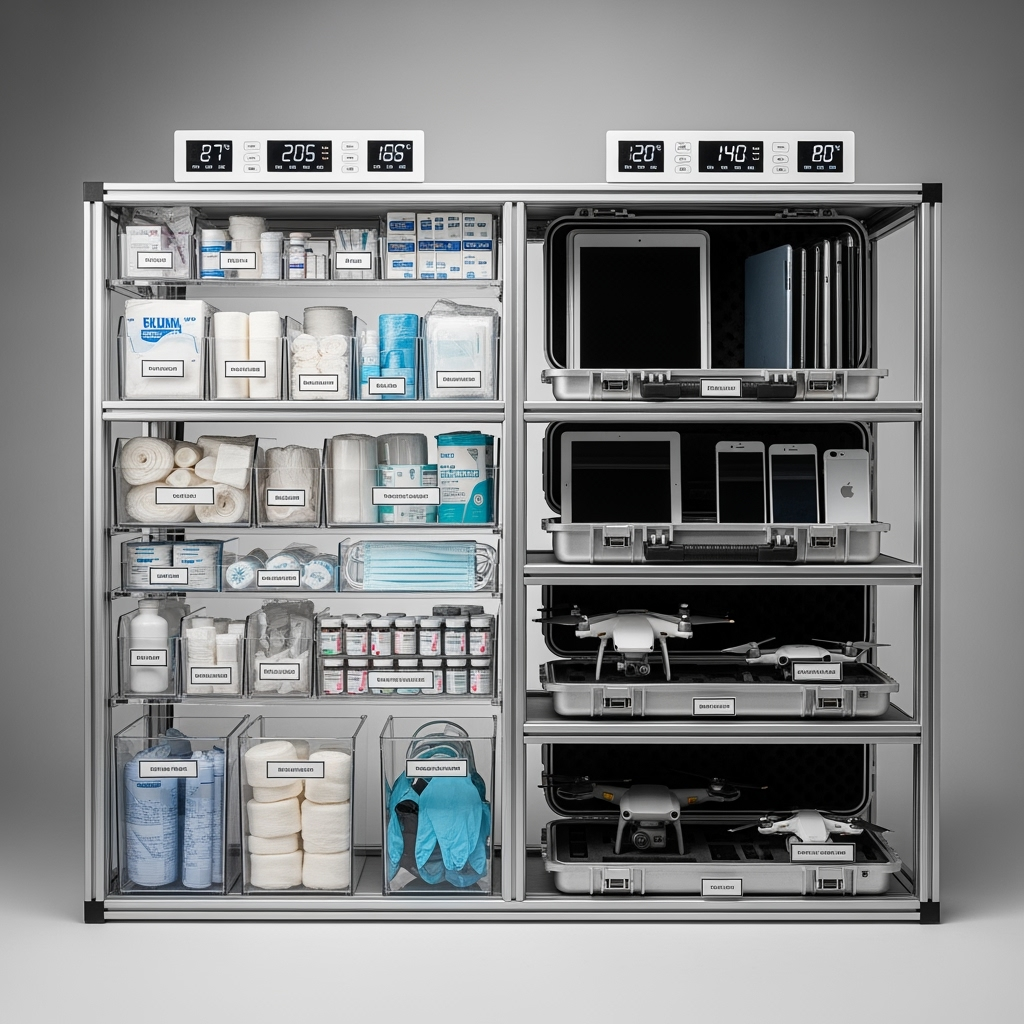
Leave a Reply